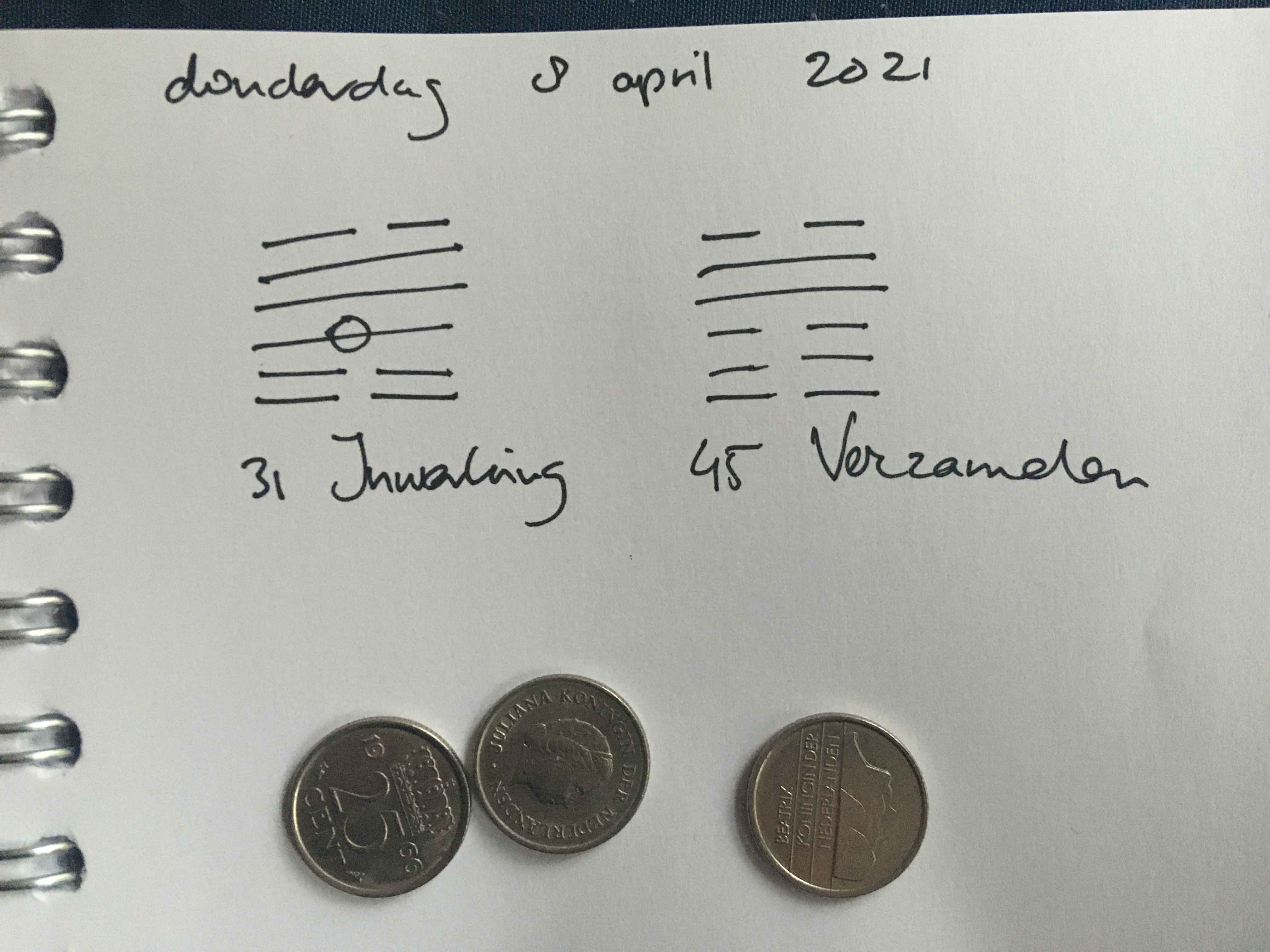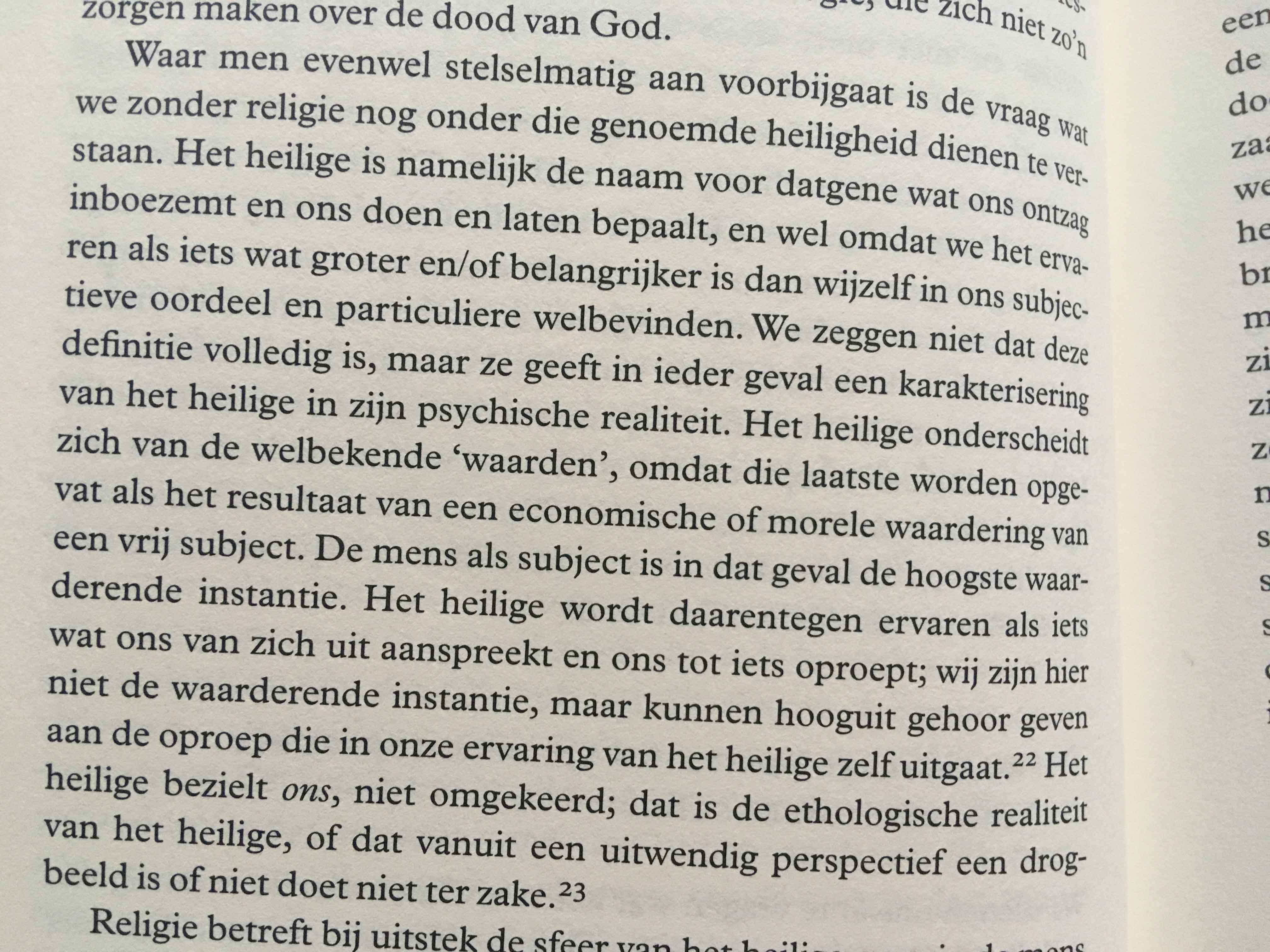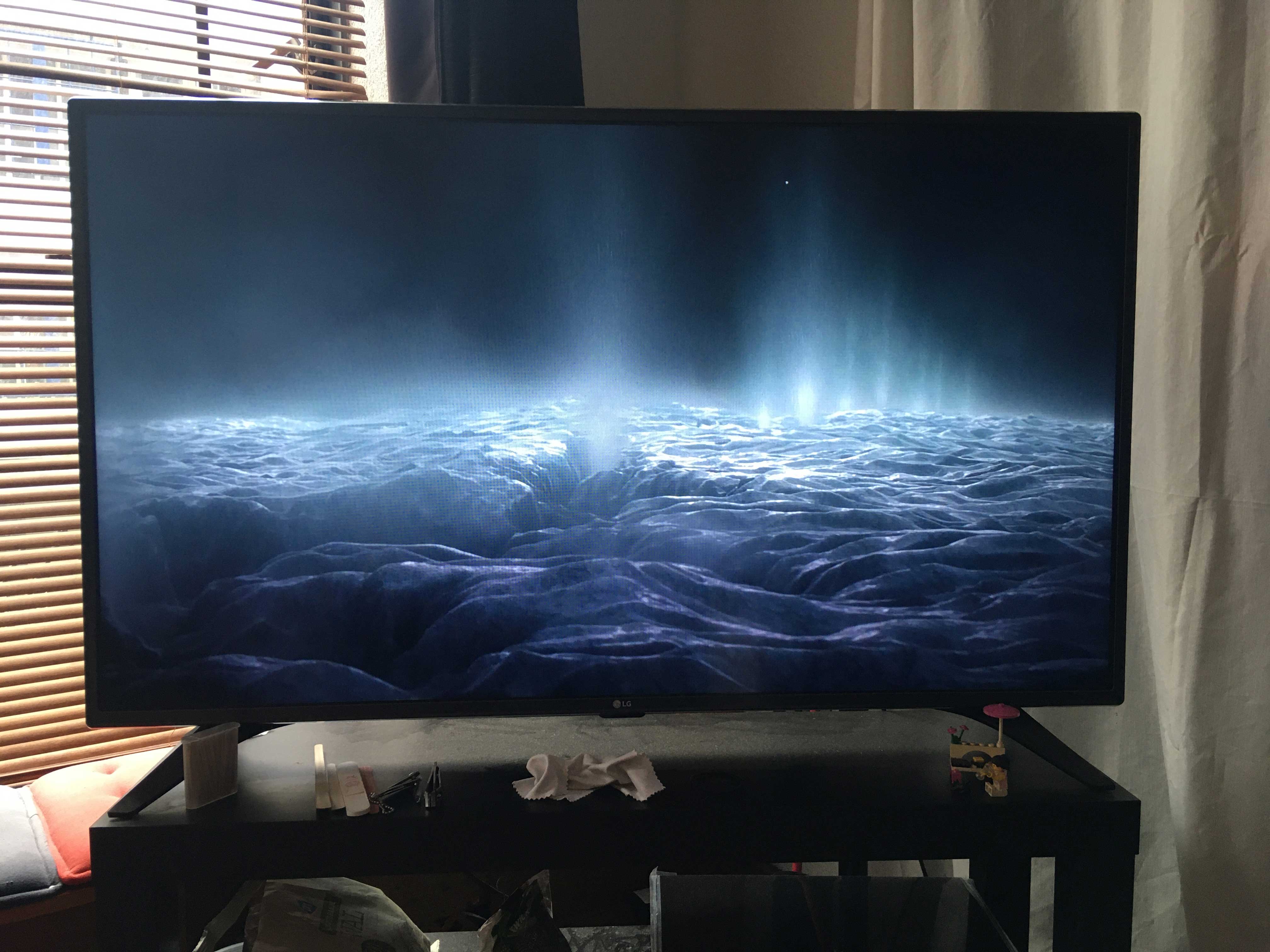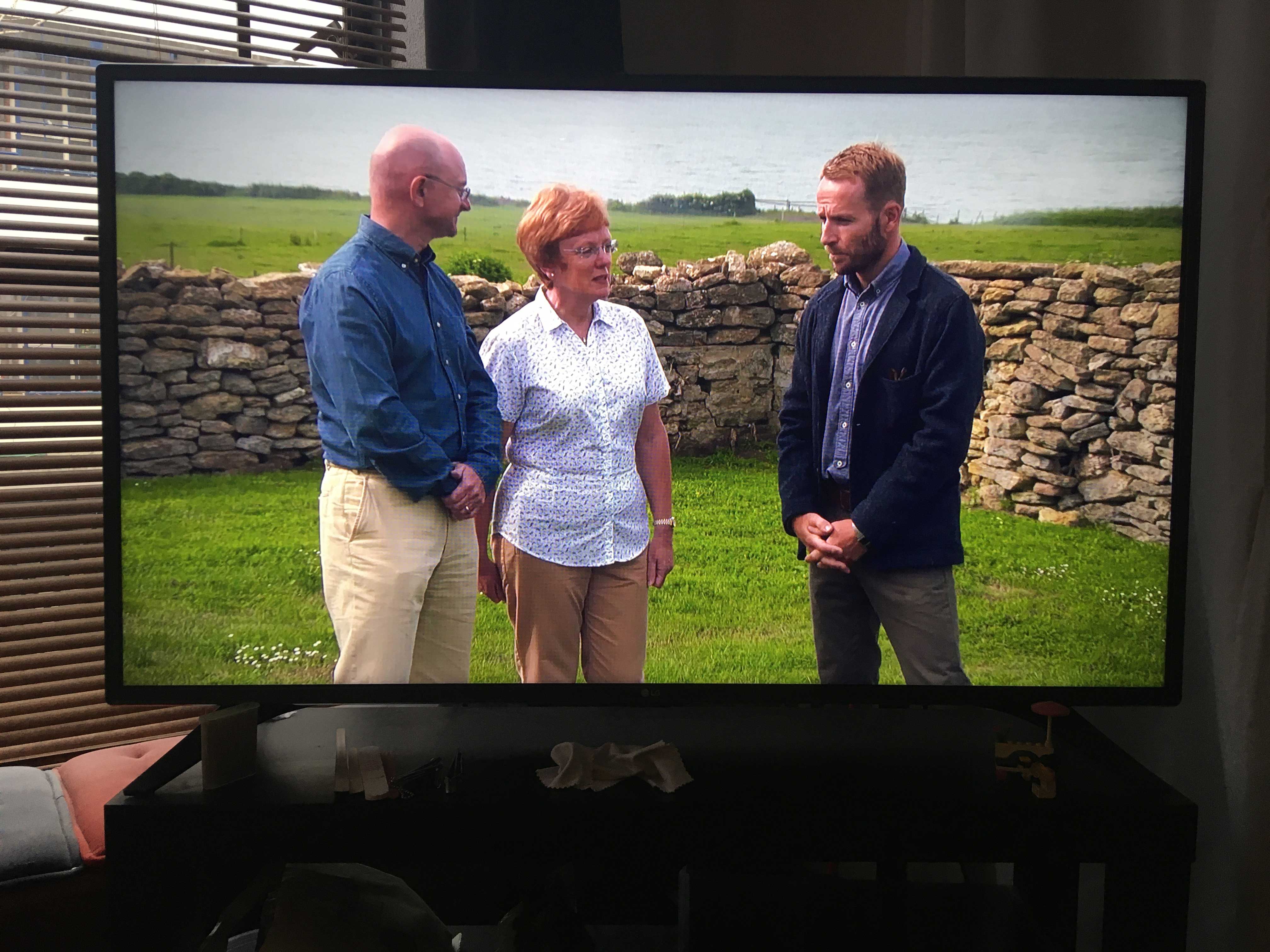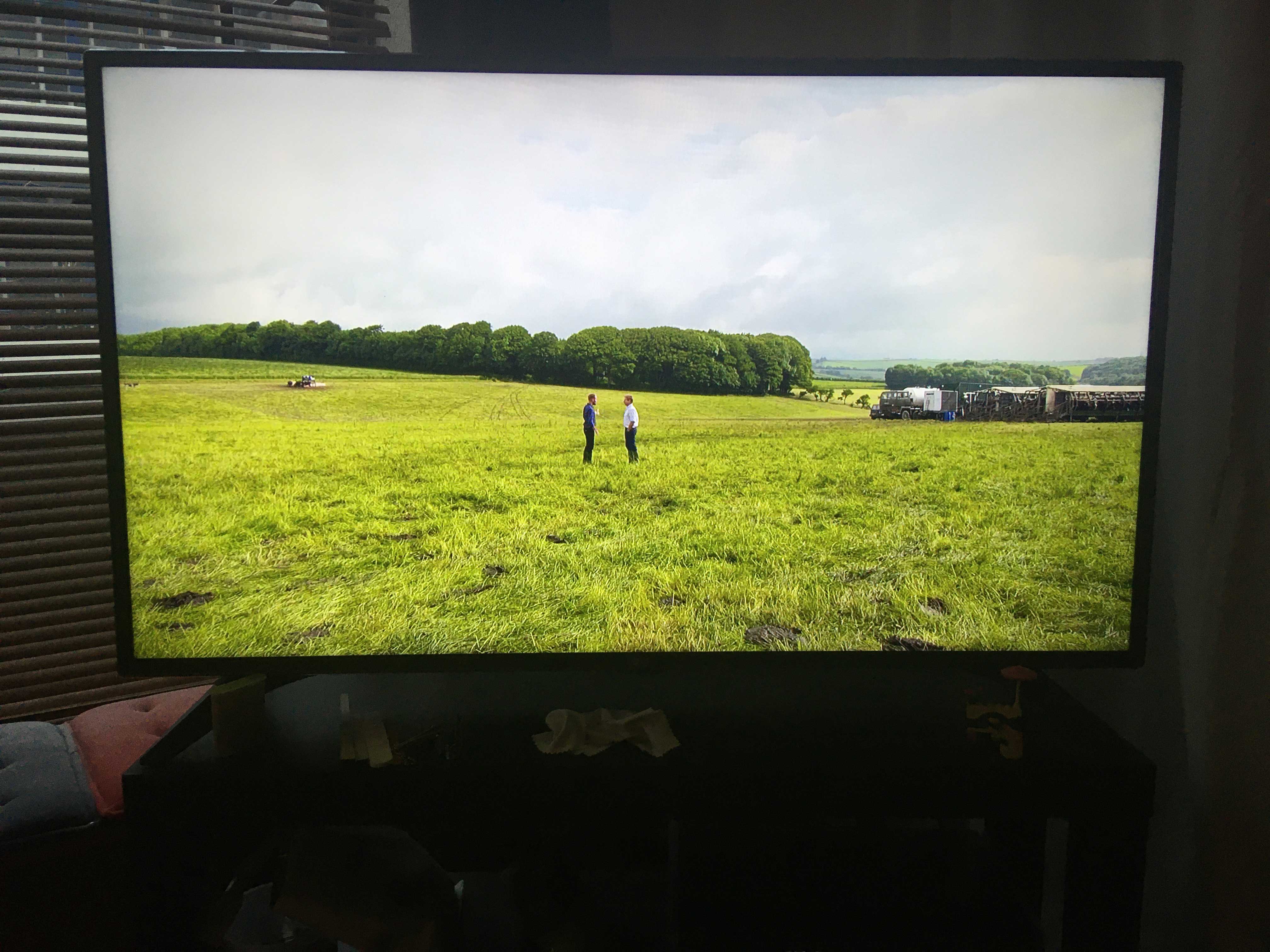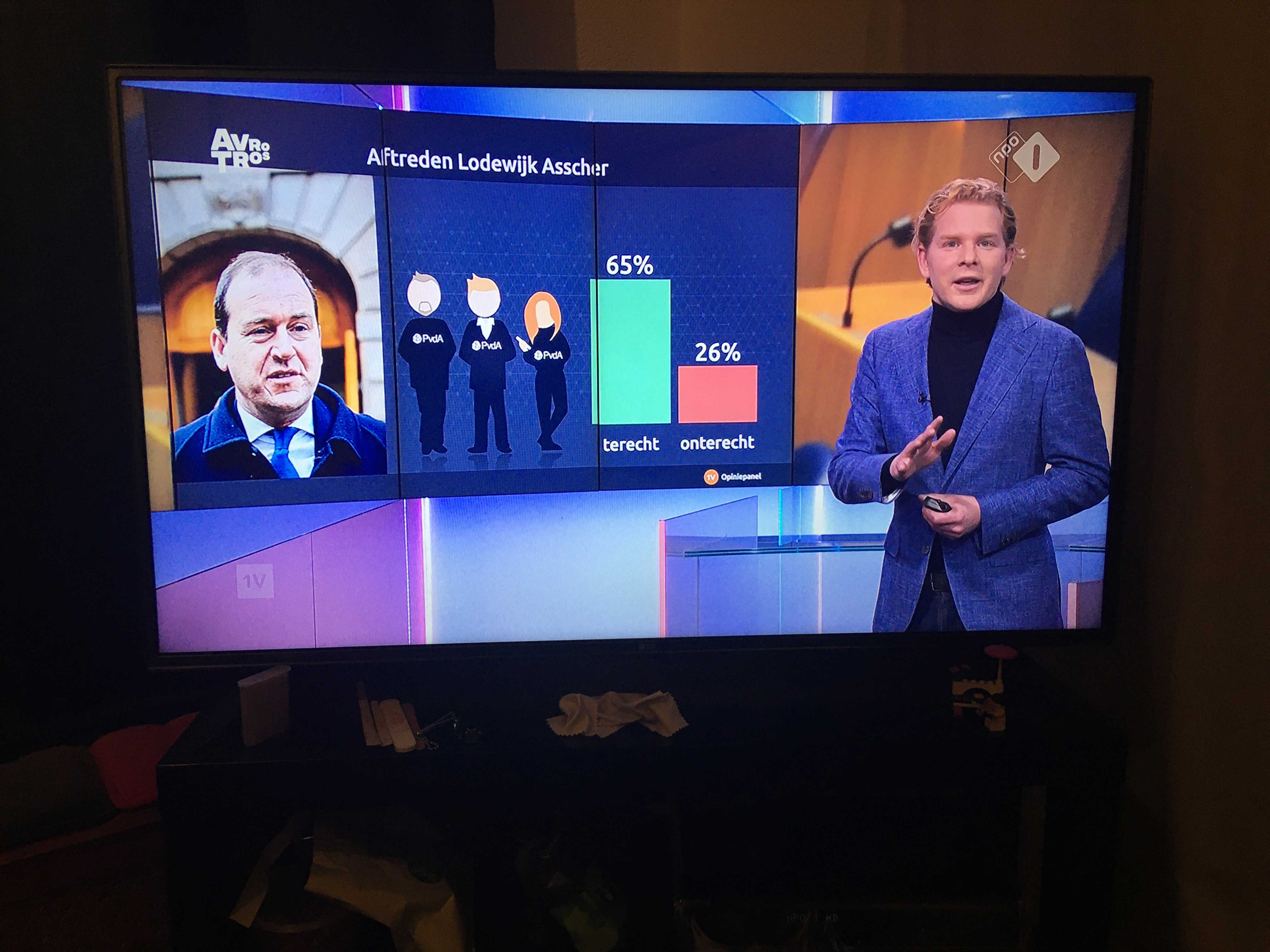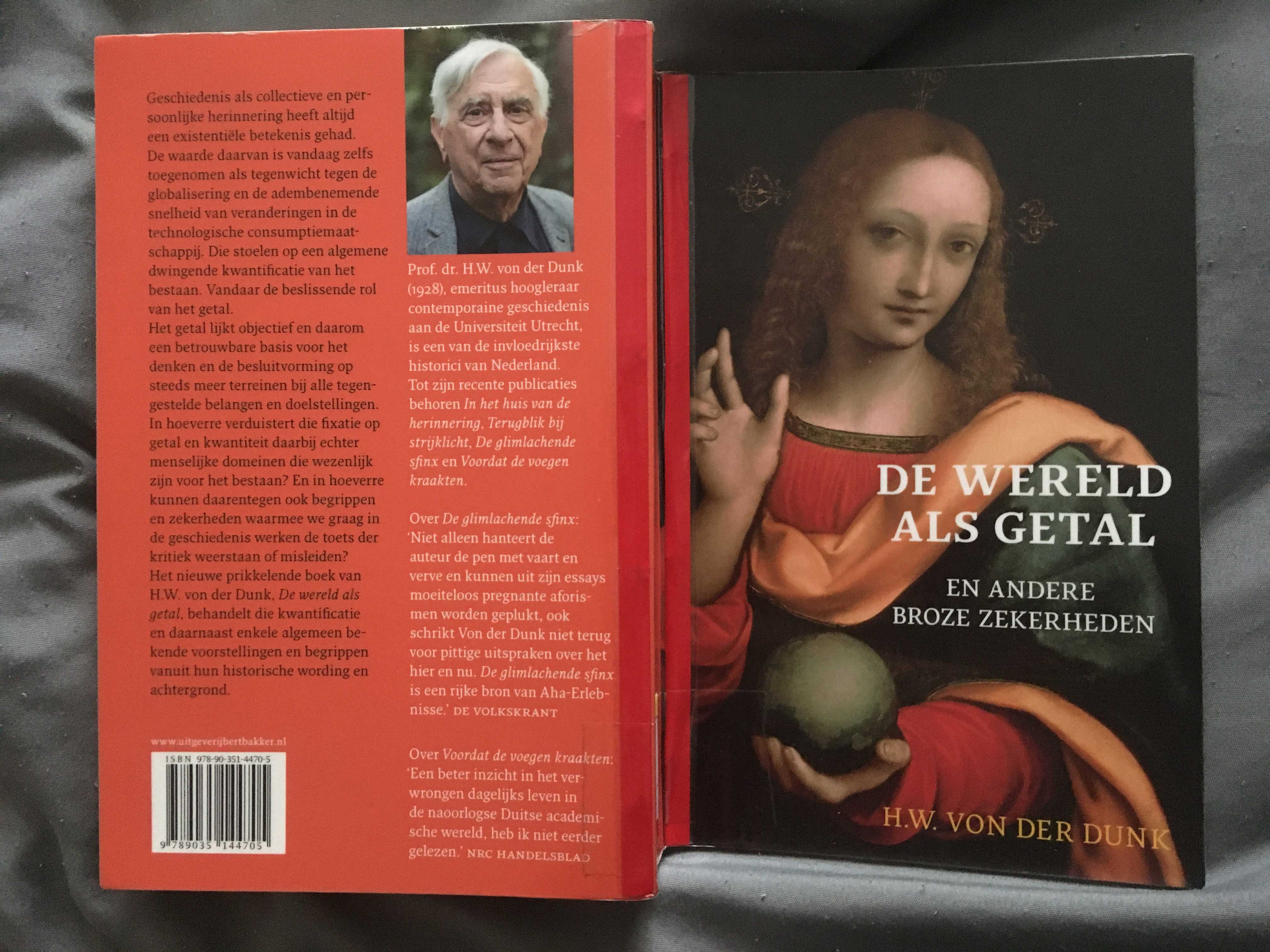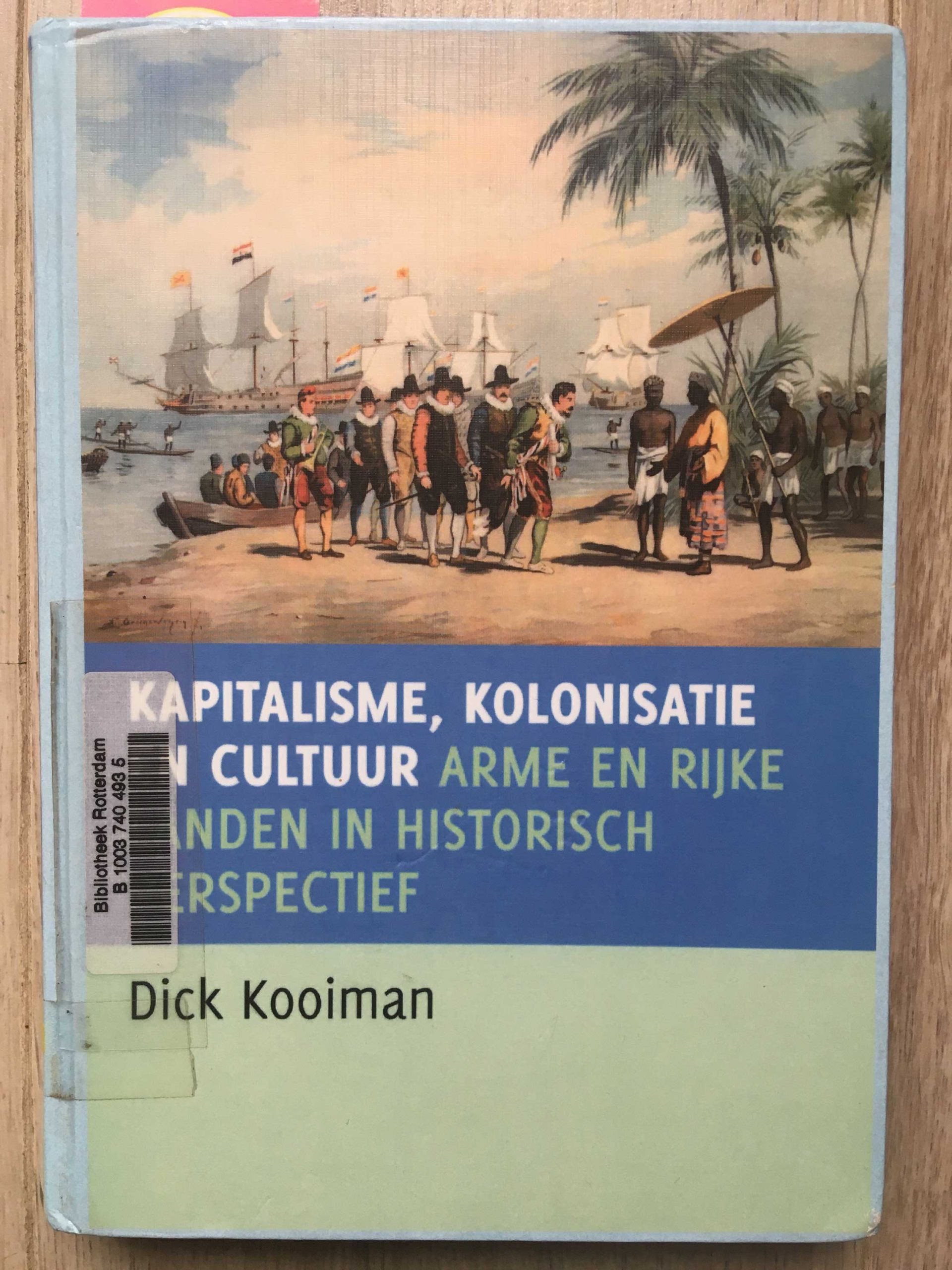31. Hsien / Influence (Wooing)
above TUI THE JOYOUS, LAKE
below KêN KEEPING STILL, MOUNTAIN
The name of the hexagram means “universal,” “general,” and in a figurative sense “to influence,” “to stimulate.” The upper trigram is Tui, the Joyous; the lower is Kên, Keeping still. By its persistent, quiet influence, the lower, rigid trigram stimulates the upper, weak trigram, which responds to this stimulation cheerfully and joyously. Kên, the lower trigram, is the youngest son; the upper, Tui, is the youngest daughter. Thus the universal mutual attraction between the sexes is represented. In courtship, the masculine principle must seize the initiative and place itself below the feminine principle.
Just as the first part of book 1 begins with the hexagrams of heaven and earth, the foundations of all that exists, the second part begins with the hexagrams of courtship and marriage, the foundations of all social relationships.
THE JUDGMENT
Influence. Success.
Perseverance furthers.
To take a maiden to wife brings good fortune.
The weak element is above, the strong below; hence their powers attract each other, so that they unite. This brings about success, for all success depends on the effect of mutual attraction. By keeping still within while experiencing joy without, one can prevent the joy from going to excess and hold it within proper bounds. This is the meaning of the added admonition, “Perseverance furthers,” for it is perseverance that makes the difference between seduction and courtship; in the latter the strong man takes a position inferior to that of the weak girl and shows consideration for her. This attraction between affinities is a general law of nature. Heaven and earth attract each other and thus all creatures come into being. Through such attraction the sage influences men’s hearts, and thus the world attains peace. From the attractions they exert we can learn the nature of all beings in heaven and on earth.
THE IMAGE
A lake on the mountain:
The image of influence.
Thus the superior man encourages people to approach him
By his readiness to receive them.
A mountain with a lake on its summit is stimulated by the moisture from the lake. It has this advantage because its summit does not jut out as a peak but is sunken. The image counsels that the mind should be kept humble and free, so that it may remain receptive to good advice. People soon give up counseling a man who thinks that he knows everything better than anyone else.
Nine in the third place means:
The influence shows itself in the thighs.
Holds to that which follows it.
To continue is humiliating.
Every mood of the heart influences us to movement. What the heart desires, the thighs run after without a moment’s hesitation; they hold to the heart, which they follow. In the life of man, however, acting on the spur of every caprice is wrong and if continued leads to humiliation. Three considerations suggest themselves here. First, a man should not run precipitately after all the persons whom he would like to influence, but must be able to hold back under certain circumstances. As little should he yield immediately to every whim of those in whose service he stands. Finally, where the moods of his own heart are concerned, he should never ignore the possibility of inhibition, for this is the basis of human freedom.
45. Ts’ui / Gathering Together [Massing]
above TUI THE JOYOUS, LAKE
below K’UN THE RECEPTIVE, EARTH
This hexagram is related in form and meaning to Pi, HOLDING TOGETHER (8). In the latter, water is over the earth; here a lake is over the earth. But since the lake is a place where water collects, the idea of gathering together is even more strongly expressed here than in the other hexagram. The same idea also arises from the fact that in the present case it is tow strong lines (the fourth and the fifth) that bring about the gather together, whereas in the former case one strong line (the fifth) stands in the midst of weak lines.
THE JUDGMENT
GATHERING TOGETHER. Success.
The king approaches his temple.
It furthers one to see the great man.
This brings success. Perseverance furthers.
To bring great offerings creates good fortune.
It furthers one to undertake something.
The gathering together of people in large communities is either a natural occurrence, as in the case of the family, or an artificial one, as in the case of the state. The family gathers about the father as its head. The perpetuation of this gathering in groups is achieved through the sacrifice to the ancestors, at which the whole clan is gathered together. Through the collective piety of the living members of the family, the ancestors become so integrated in the spiritual life of the family that it cannot be dispersed or dissolved.
Where men are to be gathered together, religious forces are needed. But there must also be a human leader to serve as the center of the group. In order to be able to bring others together, this leader must first of all be collected within himself. Only collective moral force can unite the world. Such great times of unification will leave great achievements behind them. This is the significance of the great offerings that are made. In the secular sphere likewise there is need of great deeds in the time of GATHERING TOGETHER.
THE IMAGE
Over the earth, the lake:
The image of GATHERING TOGETHER.
Thus the superior man renews his weapons
In order to meet the unforeseen.
If the water in the lake gathers until it rises above the earth, there is danger of a break-through. Precautions must be taken to prevent this. Similarly where men gather together in great numbers, strife is likely to arise; where possessions are collected, robbery is likely to occur. Thus in the time of GATHERING TOGETHER we must arm promptly to ward off the unexpected. Human woes usually come as a result of unexpected events against which we are not forearmed. If we are prepared, they can be prevented.
